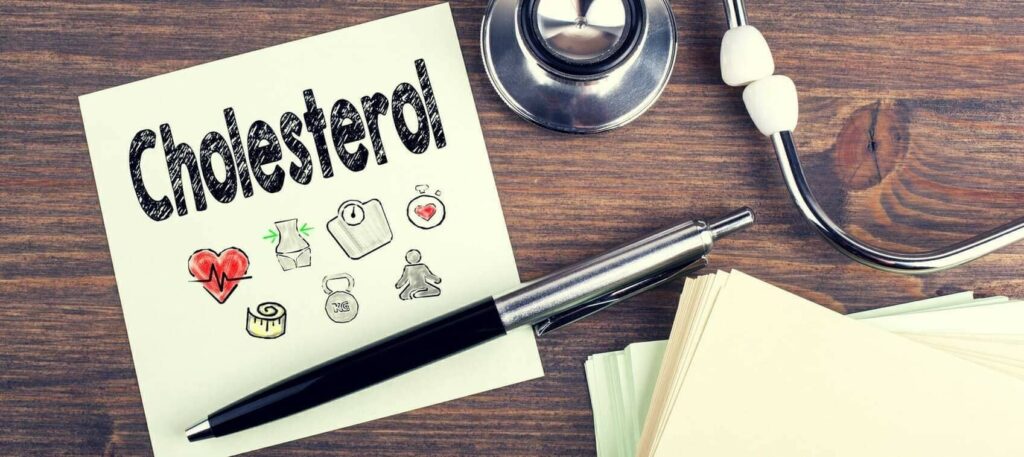- fei
- 0 Comments
Cholesterol is a waxy, fat-like substance that is found in all the cells in your body. The liver produces cholesterol naturally, and it is also found in certain foods such as meat and dairy products. However, cholesterol is not always a bad thing. In fact, the body actually needs cholesterol to work properly and is required for hormones, brain health and numerous other body processes. Cholesterol is not always harmful, but it’s important to know the difference.
There are two kinds of cholesterol: the “good” (HDL) and “bad” cholesterol (LDL). In reality, there isn’t anything inherently good or bad about either.
HDL cholesterol – known as the “good” kind of cholesterol, is short for “high-density lipoprotein.” It collects cholesterol from the bloodstream and returns it to the liver where it is broken down.
LDL cholesterol, which stands for “low-density lipoprotein,” is referred to as the “bad” kind because it transports cholesterol to tissues. LDL got its bad rap because oxidized LDL can lead to plaque build-up in the arteries.
While dietary intake of cholesterol can slightly influence LDL and HDL levels, this is primarily influenced by lifestyle and genetics. However, cholesterol is not necessarily the marker that should be associated most with heart disease. In fact, there are several markers more closely tied to heart disease risk than cholesterol. The one thing they all have in common is inflammation.
Inflammation is the body’s response to injury, but not always in the obvious sense. Injury can happen on the inside of the body as a result of a compromised immune system, poor dietary habits and chronic health conditions.
From a dietary standpoint, trans fats and refined sugars ramp up inflammation much faster than foods that contain cholesterol. Trans fats are damaged fats that occur as a result of over-processing foods, and are not the heart-healthy fats that are found in nature (nuts, avocados, olive oil, etc.). Trans fats are often considered bad because they’re linked with raising LDL cholesterol, but it isn’t that they raise LDL as much as they damage the existing LDL cells, thus resulting in plaque deposits that can cause an array of health issues in the body.
Inflammation is more dangerous to heart health than cholesterol, so it’s important to understand that it can be dramatically impacted with dietary and other lifestyle choices.
You can reduce your risk LDL cholesterol and chronic inflammation with regular exercise, eating plenty of fruits and vegetables & soluble fiber, limiting salt, refined sugars and alcohol intake, eating foods rich with Omega 3 fatty acids.
For more info: https://www.cdc.gov/cholesterol
